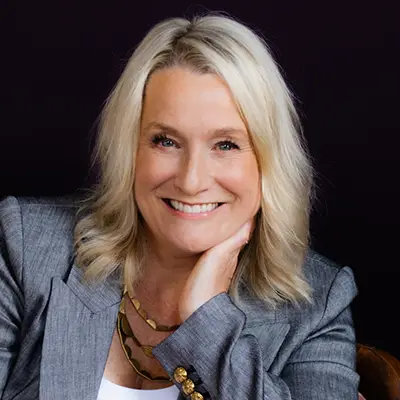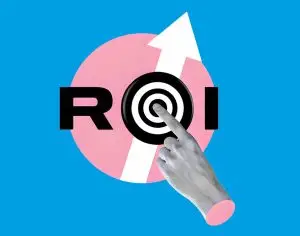As a professional franchise advisor, I’d like to debunk the myth that you need millions in the bank to become a franchisee—and pull back the curtain on how ordinary people can afford to franchise. And even if you have millions, using creative funding techniques in a savvy way helps you make better investments in the long term.
I’ve helped hundreds of clients from diverse backgrounds find and launch successful businesses, and I’ve seen firsthand the many different paths to getting there. Here are four options you should consider:
SBA loans
The Small Business Administration (SBA) is a government agency in the United States that provides support and resources to small businesses— including franchises. Its main goal is to aid in the growth and development of small businesses by providing access to capital, entrepreneurial development programs, government contracting opportunities, and advocacy.
SBA loans can help with operational expenses, purchasing inventory or equipment, financing real estate acquisitions or renovations, refinancing existing debts, and expansion plans.
Potential franchisees can access certain loan products through the SBA such as the 7(a) and 504 programs, with options ranging from $150,000 to $5.5 million. SBA-approved lenders can provide specific information on current interest rates, and you may also be able to apply for this loan without spousal involvement (though I always recommend having buy-in from your partner!).
ROBS
Rollovers as Business Startups (ROBS) are a quicker and simpler way to fund a second career or create a business that funds your retirement in an entirely new way. Well-known by industry insiders, ROBS provide a way for business owners to invest their retirement funds into a franchise without paying taxes or early withdrawal penalties.
Business owners can use retirement accounts, including 401(k), IRA, and other qualified plans—but you’ll need to use previously established retirement accounts.
As this is a niche option, it’s always best to seek out a specialist to avoid hitting snags with the IRS while maximizing your investment. You can also pair ROBS with more traditional business loans, potentially providing lower monthly payments and reserving funds for future expansion.
Security-backed line of credit
Flexible, affordable, and tax-friendly, an SBLOC is a revolving line of credit that allows you to borrow against your investment portfolio or other type of collateral like real estate, securities, or other physical property, without liquidating it. As a non-purpose loan, it is not tied to a specific purpose but is very handy for your burgeoning business.
SBLOCs allow business owners to draw down on the loan, repay as needed, and repeat. This helps with cash-flow management and funding short-term needs, plus helps avoid any trigger of a potential taxable gain you would incur with the outright sale of a security.
Business owners cannot borrow against the full value of their security; however, the specifics of how much an institution can lend is always up to the lender and its underwriting criteria.
Equipment leasing
Sometimes starting a business requires a large upfront purchase (think forklifts or an industrial food mixer). Equipment leases allow a business to lease the equipment for the short-term or long haul. While fairly straightforward and simple to get, not all equipment leases are created equal (you should find a specialist to help you out). However, certain leases provide a very cost-effective way to kickstart your business.
Equipment leasing is also great for businesses that will evolve and scale over time. Instead of purchasing extremely expensive equipment that may be obsolete in just a few years, you can upgrade your lease with little fuss.
Equipment leasing may qualify business owners for tax credits through Section 179, a federal rule allowing small businesses to immediately realize the expense of certain fixed assets.
Financing options don’t end there
These are my top four recommendations, but they’re not a comprehensive list of all funding options. From HELOCs to cash to pulling in investors, there are many other ways to make your franchise dreams come true. Every business is different, and the upfront investment will vary greatly based on industry, market, overhead costs, and many more factors. Even for the veteran investor, getting started can be a bit daunting.
Working with a franchise advisor (typically at no cost to you) helps you not only find the right franchise for your budget and long-term goals, but also determine the most ideal funding strategies for your business.


































